
Human memory evolved not for the purpose of precise memorization, but for survival. Therefore, the brain prioritizes storing only valuable information that helps humans adapt to their environment. - Photo: Freepik
Many people complain of feeling like their brains "can't remember any more" when studying for exams or due to lack of sleep, but scientists assert that the human brain is not easily "overloaded." Human memory is designed for adaptation and survival, not for retaining every detail of life.
Human memory is not like a hard drive.
According to Professor Elizabeth Kensington, a specialist in psychology and neuroscience at Boston University (USA), the brain has no real limit on the amount of information it can store. Memories are not stored in a separate "compartment" but are distributed across many interconnected neurons.
A memory like a 12th birthday party will simultaneously activate many different brain regions: colors from the visual cortex, the taste of the cake from the gustatory region, the sound of the song from the auditory system, and emotions from the emotional center. When recalling it, the brain "awakens" this entire pattern of activity.
According to Live Science, this distributed storage method allows the brain to form a nearly unlimited number of memories. Even if some cells are damaged, memories can still be recovered because they are not dependent on a single location.
If memory were unlimited, why would humans be so forgetful?
Professor Paul Reber (Northwestern University) explains that the human brain cannot record everything because the processing speed of memory is slower than the flow of life. "Imagine memory as a camera that only records 10% of its content. We only retain a small fraction of the many experiences we have daily."
What is stored for a long time undergoes a process called memory consolidation, where information gradually transforms into lasting memories. It is this process that is the real bottleneck, not that the brain has run out of space.
Professor Lila Davachi (Columbia University) argues that human memory evolved not for the purpose of precise memorization, but for survival. Therefore, the brain prioritizes storing only valuable information that helps humans adapt to their environment.
"We happen to be so good at remembering things that we've retained them from college," she said. "But actually, it's not necessary for survival. It's probably just a 'byproduct' of evolution."
The brain also uses information compression strategies. When we commute the same route every day, it doesn't store each trip separately but compiles them into a general pattern. Only when something unusual happens, such as a traffic jam or a near-accident, does the brain store that particular experience separately.
Human memory is never "full," it only becomes more flexible over time.
Scientists agree that instead of being filled with memories like a hard drive, the brain is constantly organizing, linking, and rearranging information to better adapt to the present and predict the future.
Thanks to this distributed and flexible way of working, people can learn throughout their lives without fear of "running out of memory space".
So, next time you happen to forget where you put your coffee, don't worry too much. Your brain might be prioritizing more important things, and that's perfectly normal.
Source: https://tuoitre.vn/nao-nguoi-co-bi-het-dung-luong-ghi-nho-khong-20250716193400223.htm










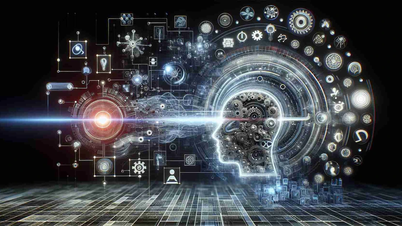

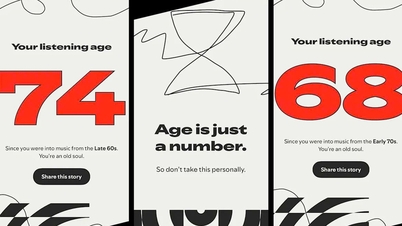













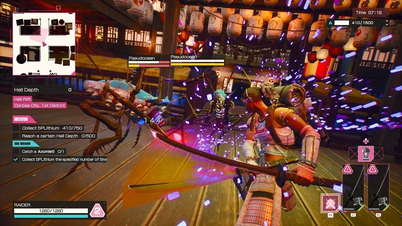














































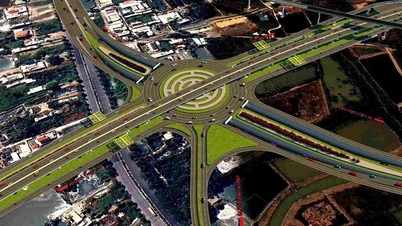












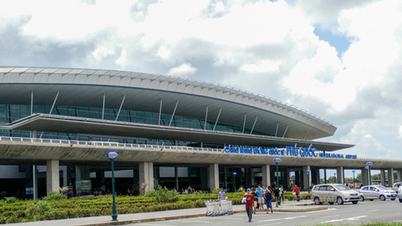
























Comment (0)